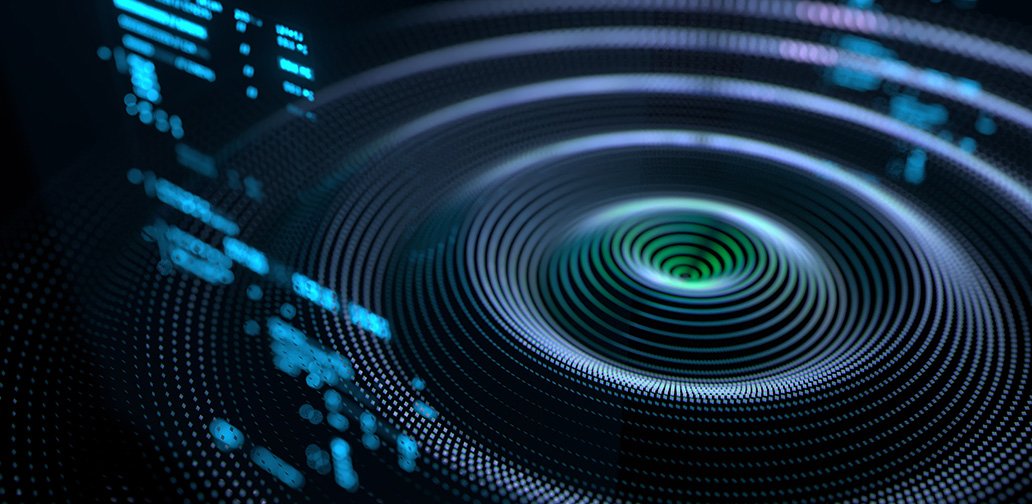Monash University startup ElectraLith is building an extraction system to filter Lithium from brine using a polymer-ceramic composite membrane, allowing the critical mineral to be extracted from salt lakes, mine tailings and other brine solutions using small amounts of solar generated electricity and without added chemicals or water.
Harnessing the power of cutting-edge electro-filtration membrane technology, ElectraLith seeks to usher in a new era of lithium extraction, propelling the battery market into a cleaner, cheaper and faster future.
At the forefront of this groundbreaking technology is Professor Huanting Wang. An Australian Laureate Fellow and the Director of the ARC Research Hub for Energy-efficient Separation at Monash University’s Department of Chemical and Biological Engineering. His pioneering work in nanostructure membranes has paved the way for ElectraLith’s game-changing technology.
“Current lithium extraction methods involve either roasting hard rock at high temperature and dissolving it with hot sulfuric acid, or evaporating brines in a solar pond, both of which use chemicals to precipitate lithium out. It is time consuming, disruptive, expensive and wasteful. My research in nanostructure membranes is all about efficiency and ingenuity to make the most of this limited mineral resource” said Professor Wang.
Recognising the potential of this innovation, Monash Engineering’s Dr Zhouyou (Emily) Wang has been awarded an Australian Research Council (ARC) Early Career Industry Fellowship to further develop and commercialise the novel membrane-based technology intended to transform the lithium mining and recycling industries.
“Even though seawater is a brine, the concentration of Lithium is too low for cost effective extraction, but we are already thinking about designing the next generation of membranes to improve Lithium extraction, so maybe in the future we can extract Lithium from new sources,” said Dr Wang.
ElectraLith has been selected by Australian technology incubator Cicada Innovations, the two-time winner of ‘Top Incubator in the World’, to feature its technology at Australia’s premier deep tech conference, the newly-named Cicada x Tech23.
Selected from over 130 applications from across Australia, ElectraLith is one of the ‘Tech23’ set to appear at the conference in July and present solutions on sustainably reshaping global mineral supply chains.
Lithium is a critical mineral and its demand is skyrocketing due to its global use in large-scale batteries for electric vehicles and renewable energy storage. To meet this exponential growth, lithium supply is projected to increase up to 800 per cent or approximately one million tonnes per annum by 2050 to meet renewable energy demand, making the need for efficient extraction methods more critical than ever.
ElectraLith’s Chief Technology Officer, Dr SJ Oosthuizen commented that “ElectraLith’s team of materials scientists and electrochemists are grateful for the opportunity to discuss the company’s transformative technology at this esteemed event.
“We are honoured to demonstrate how scientific innovation can profoundly improve how we produce, use and recycle critical minerals— all while maintaining sustainability and saving costs,” said Dr Oosthuizen.
This new technology is compatible with renewable electricity and has the potential to reduce lithium production costs by up to 40 per cent, thereby making onshore processing more competitive with the lowest energy requirement and environmental impact of all approaches to lithium refining.







